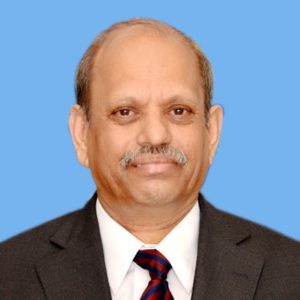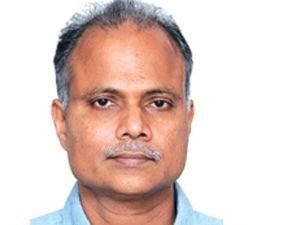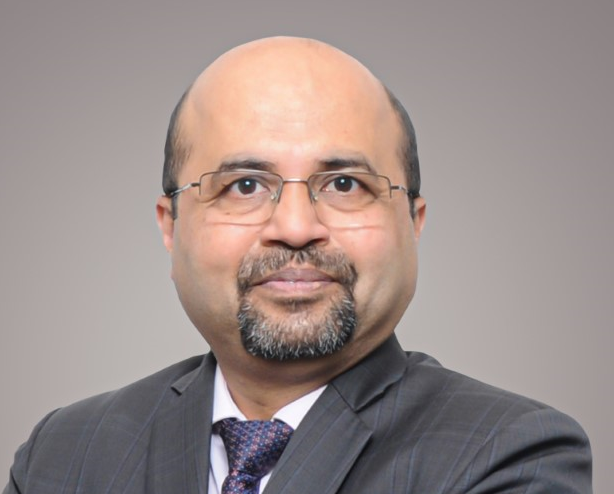A Panel Discussion on
Energy: Taxes and Transition
The energy sector, and in particular, fossil fuels are a significant contributor to the overall revenue of India’s central and state governments. For example, the GST Compensation Cess, which started in 2010-11 with a cess of ₹50/ton on all coal has kept increasing over the years and now stands at ₹400/ton. Further, governments have traditionally depended heavily on taxes from petrol and diesel, and recent increases in excise and VAT further demonstrate this. Roughly 60-70% of the final prices of diesel and petrol respectively are made up of taxes. The total contribution to public tax revenue from taxes on coal, petroleum & natural gas, and electricity sectors amounted to about ₹6 lakh crores out of a total revenue of about ₹34 lakh crores in 2018-19. The taxes on energy sectors contributed 25% of the total tax revenue of the Centre, and 13% of the total tax revenue to the states. Since many energy sources are outside GST, these taxes cannot be offset. Moreover, since the bulk of the tax revenues from the energy sector accrue from fossil fuels, the inevitable energy transition away from fossil fuels towards renewables and electric mobility will have a significant impact on public tax revenues.
In this context, there is a need for a deeper understanding of the role of the energy sector in the country’s public finance, to eliminate existing distortions and navigate the energy transition without unduly negative impact on public tax revenues. Such an understanding can help to begin a conversation that can help identify suitable fiscal alternatives and taxation regimes to ensure that public revenue streams can be suitably streamlined and reworked, while improving the efficiency of the economy. The objective of this panel discussion was to begin a discourse around this important topic as a first step towards enabling a smooth transition in the energy sector by anticipating the fiscal challenges that may arise out of the transition.
The presentation made at the discussion and its full recording can be accessed below. For more information on this topic, please see our working paper.
More information on the panelists is provided below.
More about the panelists
 |
Dr. M. Govinda Rao, an expert in Public Finance is an Adviser, Centre for Public Policy, IIM-B and Counsellor, Takshashila Institution. He is also a Non-resident Fellow, NCAER. Dr Rao was a Member of the Fourteenth Finance Commission. He was the Director of NIPFP (2003-13) and Director, Institute for Social and Economic Change, Bangalore (1998-2002). He is a Member of Board of Governors, Madras School of Economics, Chennai, Madras Institute of Development Studies, Chennai and Chairman, Research Advisory Committee and Member of Board, Asian Development Research Institute, Patna. He was a Member of the Economic Advisory Council to the Prime Minister (2004-13), Member, Financial Sector Legislative Reforms Committee, Member, High Powered Committee on Efficient Management of Public Expenditure. He has extensive research on various aspects of public finance including tax policy and reforms, public expenditure management and fiscal decentralisation and federalism. |
 |
T K Arun is Consulting Editor at The Economic Times. His blog, Cursor, covers a range of topics and appears on the paper’s web site. He has been the paper’s resident editor at Delhi, headed the economy bureau and looked after the editorial page in the past. He has been with the paper since 1994, except for a two-and-a-half year stint with the Dotcom world. He has worked as a technical advisor at the Kerala State Planning Board, before beginning his career in journalism in 1992 at the Observer of Business and Politics. He did his Master’s in economics from the Centre for Economic Studies and Planning, Jawaharlal Nehru University, New Delhi. |
 |
Rahul Renavikar is the MD of Acuris Advisors Pvt Ltd, a multi-disciplinary Business Advisory Company. He has more than 25 years of work experience, out of which 16 years is in consulting firms, namely PwC and EY. This includes 5 years of tax reforms experience where he has assisted tax administrations within and outside India in indirect tax reforms. He has been instrumental in suggesting avenues for tax revenue augmentation for Governments and tax cost optimisation strategies for businesses including strategies on increasing the effectiveness of the tax function. As a Project Manager, he has helped the Govt of Maharashtra implement VAT. He was actively involved with various State Govt Departments in India in discussions on the GST design and framework. In 2018, he advised the Department of Finance of a leading Government in the Middle East on VAT implementation. |
 |
Dr. R Kavita Rao is a professor at the National Institute of Public Finance and Policy. She leads the group working on taxation at the Institute. Her work includes issues related direct as well as indirect taxes. Design of GST for a complex system like India is of considerable interest to her. Incentives for payment of taxes as well as the dynamics of taxation and compliance are another area of interest. She has lead the team to undertake an extensive study of the unaccounted economy in the country as well. |
